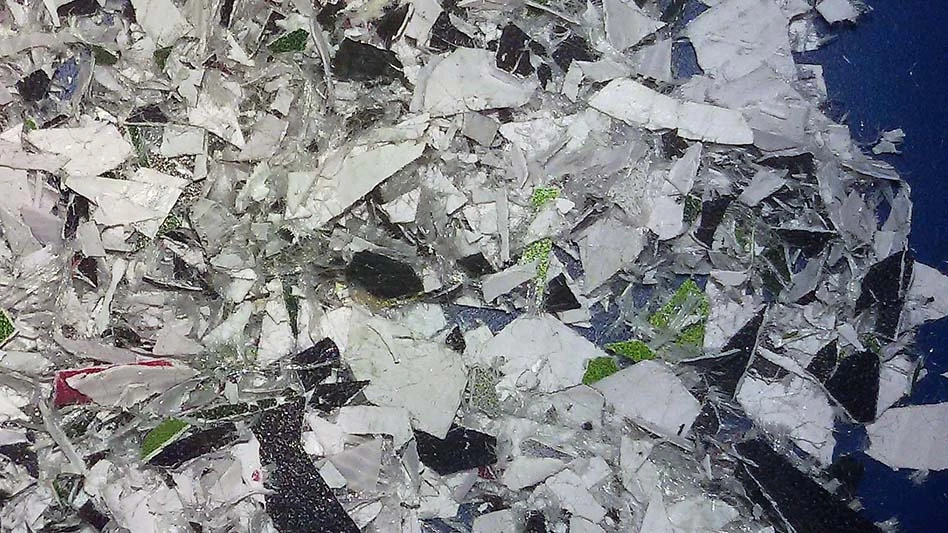
Photo courtesy of the Vinyl Council of Australia and Wilkinson PR Ltd.
The U.S. Environmental Protection Agency (EPA), in a response to a petition circulated by a not-for-profit group, has ruled that not all discarded polyvinyl chloride (PVC) plastic presents “a substantial present or potential hazard to human health or the environment” when handled properly.
The petition, created by the Arizona-based Center for Biological Diversity, asked the EPA to rule all PVC scrap as hazardous because of its presence in incinerators, in “poorly lined landfills” and in marine environments.
In its 13-page response to the petition, the EPA writes, “The petition does not provide sufficient evidence to suggest that listing discarded PVC as a hazardous waste would have a meaningful impact, if any, on reducing exposure to phthalates, including phthalates used as plasticizers in some PVC products.”
In the background section of its response, EPA writes, “PVC may contain plasticizers, with the concentration of plasticizers varying widely based on the desired properties of the final material.” Among those plasticizers are several types of phthalates.
EPA Acting Assistant Administrator Barry N. Breen writes, in part, that existing aspects of the Resource Conservation and Recovery Act (RCRA) and other laws and rules already regulate how to handle end-of-life PVC. Breen’s response says landfill management is already covered under RCRA, incineration aspects are covered under the Clean Air Act and marine litter is prohibited via general anti-dumping rules.
The EPA also offers an argument that its resources as an agency are best directed at other efforts that may have higher priority. “Based on the information presented in the petition, the resources that the EPA would have to allocate to list PVC as a hazardous waste are unwarranted and would preclude the EPA from pursuing more pressing rulemakings, implementation and reviews with respect to currently identified hazards under RCRA. Listing hazardous wastes is a resource-intensive process,” the agency writes.
The entire 13-page U.S. EPA document can be found here.
Latest from Construction & Demolition Recycling
- EPA plans to revisit numerous environmental, climate regulations
- Fornnax wins Green Innovation of the Year award
- ABC: Construction backlog inches lower, staffing levels expected to grow
- Former detention center in Cleveland set for demolition
- Ferrous market upward price momentum continues into March
- Build Reuse joins up for Circularity event
- Komatsu adds 2 wheel loaders to product line
- Yanmar initiative focuses on electric power





